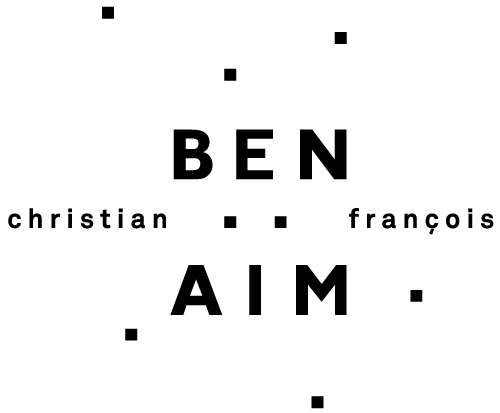Les Plateaux Sauvages is a beautiful public establishment nestled in a small street in Ménilmontant. A handful of years ago, the ex-Vingtième theater operated, under the joyful and tonic impulse of Laëtitia Guédon, its transformation into a joyful and swarming cultural factory.
That evening, we discovered Christian and François Ben Aïm’s Traversées nocturnes, which brought together two previous pieces and a creation.
In the opening, in a fluctuating half-light, Léa Lansade, long reed, barefoot, crosses the night and the thousand moults of Ligeti’s Métamorphoses nocturnes, her body as if struck by the assonances of the music. At the same time arid and soft, twirling with precision, with a voluntarily playful rigor where some chaplinesque wiggles bounce on a macho caillera’s drawl, her long limbs lacerate the black of the stage, question the space and its limits, the borders between dream and reality, and answer it by the clearness and the fluidity.
At the heart of the show, the new element of the Instantanés series – female solos built by the Ben Aïm brothers around the personality of a dancer, and for her – takes place in the theme of the year at the Plateaux Sauvages: the night.
At Plateaux Sauvages, we claim to, as the poet Rilke wrote, “believe in the night… we believe in the light that it shines on our solitudes. We believe in the mysteries of insomnia and dreams”. So it is “to the journey in singular nights, real or symbolic” that Les Plateaux Sauvages have invited the artists and the spectators this year.
François and Christian Ben Aïm with Alex Blondeau spread the wings of a touching and troubling “night bird”.
In the darkness, someone is smoking under a thin ray of light. Barefoot too, like Léa Lansade, and also long undulating arms, torso extremely flexible, Alex Blondeau has hands like free birds, which seem to initiate the dance, to give birth to the movement.
The electrorock score, wide and dark, repetitive and hypnotic, sometimes gives way to a few piano notes, which have a René Aubry charm, or to Michelle Gurevich’s beautiful voice, with its misty Joy Division accents.
Alex Blondeau is scowling, graceful, a defeated and mischievous “party girl”, she has the supple body of a liana under the wind and a classical dancer’s leg lift. She offers us her abandonment to the dance, and we dive with her in a soft intoxication, an exhaustion of end of party. Like a liberation, in a wildness without violence.
The “black box” of the previous solos gives way to a white panel at the back of the stage, the three dancers (Christian and François Ben Aïm and Rémi Leblanc-Messager, similar and singular, with a presence of equal intensity) are accompanied by their immense shadows. Three men walk along; one supports another, a stooped silhouette that evokes the “Oedipus on the road” described by Bauchau; a stick serves as a cane, a weapon, a link; ordeals drive them apart, bring them together…
Leonard Cohen’s voice bewitches, but so do the interludes of silence, breathing, the rhythm of the feet on the ground.
The dance is more anchored, the bodies go to the ground and tear themselves away from it, beautiful and slow and strange lifts move deeply.
From Josef Koudelka’s photos that inspired this creation, we find on stage the black and white, the wanderings of exile, the humanistic look. With a tenderness far from any sentimentality, O my brother offers us in the same gesture the strength and the fragility of men.
These three “nocturnal crossings”, with their contrasting atmospheres, come together in their sincerity, their generosity, through a carnal, sensitive dance, a dance of the living – of the lonely, of the tried and tested, sometimes, but of the living. And it feels good.




 En
En Fr
Fr